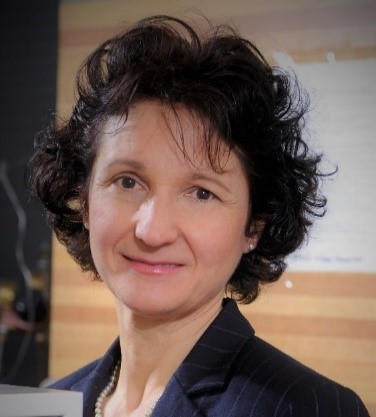Title: Intensified processes for CO2 capture and catalytic conversion.
Date and Time: Friday, March 22. Refreshments served at 12:50 p.m. Seminar starts at 1 p.m.
Location: MacLeod 2018
Abstract
Energy and environmental issues are major concerns today. Unprecedented technological advancement is undoubtedly hastening industrialization while also depleting natural resources and exacerbating a slew of environmental problems, including the continuous emission of anthropogenic greenhouse gases. The use of fossil fuels has grown rapidly to meet massive energy demands, resulting in a significant negative impact on the environment. Their use for energy generation is responsible for roughly one-third of total anthropogenic CO2 emissions. Furthermore, several industrial activities (oil refineries, cement plants, the iron and steel industry, and aluminum manufacturing) emit massive amounts of CO2 into the atmosphere each year.
Carbon capture & conversion, as compared to carbon capture & sequestration, is an alternative strategy for reducing CO2 emissions with economic benefits through the production of value-added products. Since capture produces almost pure CO2 and since CO2 is better viewed as a resource rather than a waste, its conversion into value-added compounds (including alternative fuels) provides an appealing and efficient alternative to CO2 storage via chemical recycling. By 2050, it is estimated that 1300 to 4800 MtCO2/year could be used to produce valuable chemicals and alternative fuels.
By combining experimental and modeling, our research projects are mainly centered on the development of capture and catalytic conversion of CO2 through intensified processes. Process intensification renders conventional processes more efficient (technologically and economically), more environmentally friendly, and safer. Our presentation will cover various process intensification strategies that we have developed in the last years.
Biography

MARIA C. ILIUTA is professor in the Department of Chemical Engineering at Université Laval (Quebec, Canada) since 2006. She received her PhD in Chemical Engineering from Université Catholique de Louvain (Belgium) and performed postdoctoral fellowships in phase equilibria thermodynamics, separation technologies, and heterogeneous catalysis at the Technical University of Denmark (DTU) and Université Laval. Her research interests are especially directed towards process intensification, catalysis (heterogeneous, enzymatic, photo- and electro-catalysis), separations, capture and catalytic conversion of CO2, waste valorization, alternative fuels/hydrogen production, and process modeling. She co-authored more than 150 referred publications, 5 books/book chapters, and 1 patent. She is a member of CIRCUIT (Centre for Innovation and Research on Carbon Utilization in Industrial Technologies, NSERC CREATE program).